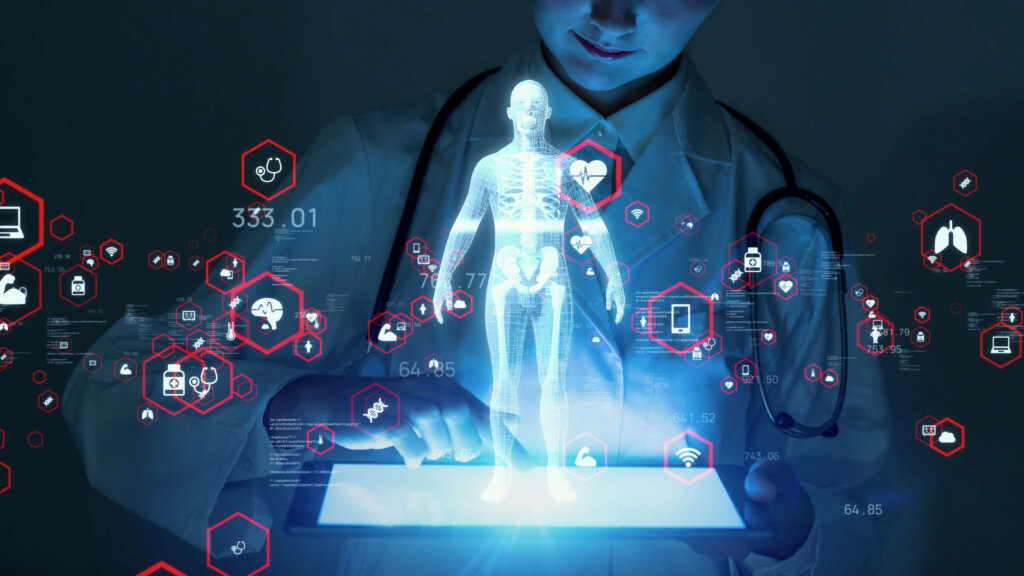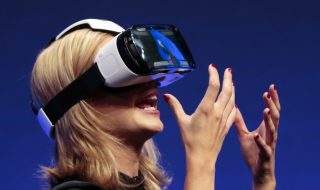The current world situation with the pandemic has dramatically impacted the world we live in, and not just for the worse. For example, it facilitated the digitization of services: with people becoming more conscious about their health, the development and adoption by mHealth apps has skyrocketed.
But, as it is with any other things, mHealth apps are not created equal. So what makes a good solution? To answer this question, we talked to specialists working at Emerline — a software development company that has vast expertise of delivering solutions for healthcare providers. So keep reading to learn about ingredients that make an mHealth app wanted and demanded.
Contents
Types of mHealth Apps
Generally, mHealth apps are targeted at two types of users, these are patients and doctors. There are also solutions that cover the needs of both, but to create a picture of differences in functionality, let’s first take a look at the two general types.

mHealth apps for Patients
As it goes from the name, mHealth apps for patients are aimed at helping patients with their needs, covering everything from reminders and scheduling to self-monitoring and symptom checking.
mHealth apps for Doctors
These apps are aimed at helping professionals do their work more efficiently. Wanted features of such solutions include patient health tracking, medical reference & database, drug reference, prescription management, and others.
Features we mentioned can for sure be extended and mixed in a solution that covers both patients and doctors needs. The thing is that whoever you target, a set of features should be based on the analysis of your audience and tailored to their wants and needs. And if there’s anything you can rely on before the analysis, these are mHealth trends or, in other words, currently most wanted and demanded solutions.
Healthcare Mobile App Development Trends 2021
To determine which trends are shaping the current mHealth market, we’ve talked to Emerline’s mobile app developers, who shared with us their thoughts on the top 5 leading technologies. These are:
The Internet of Medical Things (IoMT)
There’s no secret that wearables are rocking right now, and thus, there’s no wonder why they paved their way to healthcare. Considering the fact that 21% of Americans claim to have some IoT device in use, this technology can make a real difference to healthcare, especially in terms of receiving new valuable information.
Connected devices in healthcare can be used for the extraction and further analysis of various types of patient data, including heart rate, blood pressure, skin condition, blood sugar levels, etc. When gathered and analyzed, such data can lead to various breakthroughs, whether there’s a talk about chronic disease treatment, cancer detection, diabetes management, etc.
What’s more important is that IoMT devices do not stand still, widening the offered opportunities with each passing year. For example, back in 2015, when the first Apple watches were introduced, their ‘connected’ functionality was mainly tailored to fitness tracking while now data received from Apple watches is gathered to receive new insights into Parkinson disease.
Telemedicine
Due to the impact of the COVID-19, telemedicine now is on top of the demand. In the pandemic situation and with quarantine measures taken in the majority of the world’s countries, people need remote healthcare services more than ever before. As proof of that, the report published by CDC states that during the first quarter of 2020, the number of telehealth visits increased by 50%.
Nevertheless, the demand for telemedicine solutions was high even before the outbreak of the virus and will remain high when the situation is handled. So opting for a telemedicine app is a choice with great future perspectives.
Gamification
With an element of competitiveness gamification adds to healthcare solutions, it becomes easier to motivate users and help them in obtaining healthy habits. For these and other good reasons that Emerline defines in its recent post about the benefits of using gamification in healthcare, the trend will continue to evolve.
Artificial Intelligence
While the use of AI is one of the most controversial topics related to the technology world, let’s step aside from all the conspiracy theories and say that it really helps to make certain processes more accurate, efficient, and smart. And all this matters to healthcare, where accurate and fast decisions are of the highest value. Meanwhile, in 2020, only 7% of all mHealth solutions had some level of AI, so this niche warmly welcomes newcomers.
Voice Tech
One more promising trend to consider is voice tech. The ability to get, send, manage information only with a voice is a nice one, especially in the healthcare sector where some patients suffer a permanent loss or loss of use of body parts.
The Bottom Line
While all of the discussed above trends can lead your business to success, you shouldn’t blindly follow them. The best thing you can do is to contact a trusted technology partner that can consult you on the best ways to achieve your goals.
Because there are always companies that don’t care about anything but money, make sure that your provider has a proven track record of successful projects and relevant expertise. Reviews, portfolio section, LinkedIn comments, etc. — these are things that can help you to make your best choice.



